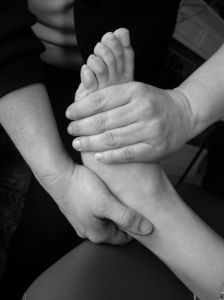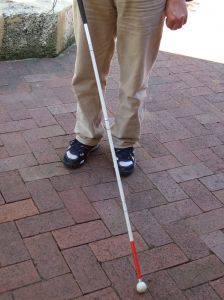When someone is injured on the job, they may be eligible for workers’ compensation benefits. When someone is disabled, but the disability is not the result of a workplace injury or illness, they may be able to apply for Social Security Disability Insurance (SSDI) benefits through a program run by the United States Social Security Admiration (SSA). What happens if a person applied for benefits under both programs?
 According to a recent question and answer feature in Courier Journal, the author discuss the effect workers’ compensation benefits can have on someone who is already receiving SSDI benefits.
According to a recent question and answer feature in Courier Journal, the author discuss the effect workers’ compensation benefits can have on someone who is already receiving SSDI benefits.
As noted in the article, when a person receives Social Security Disability Benefits, they cannot earn more than 80 percent of the wages they were earning before receiving disability. This is basically a provision congress created so a person cannot earn more money from not working than he or she would earn from working.
Continue reading
 Massachusetts Social Security Disability Lawyers Blog
Massachusetts Social Security Disability Lawyers Blog











